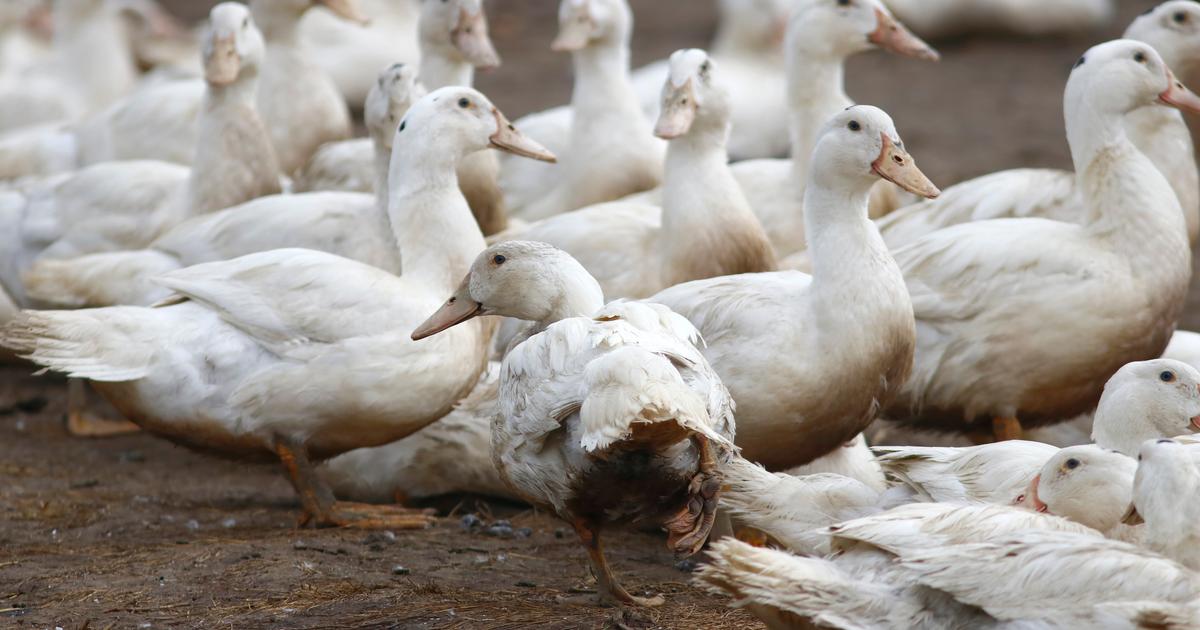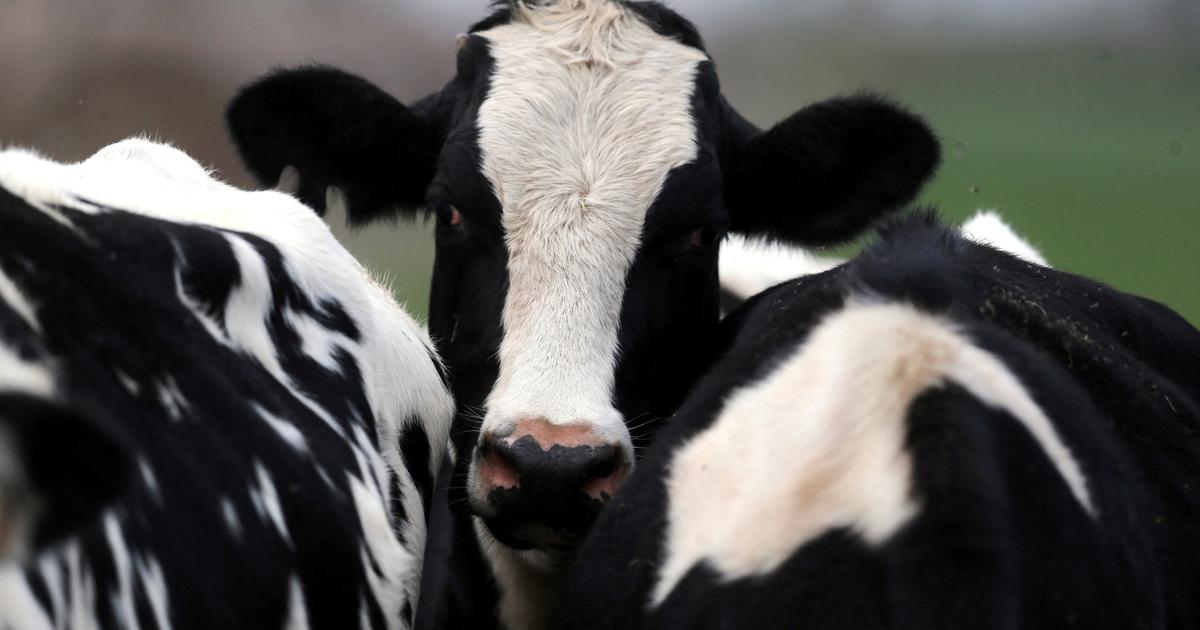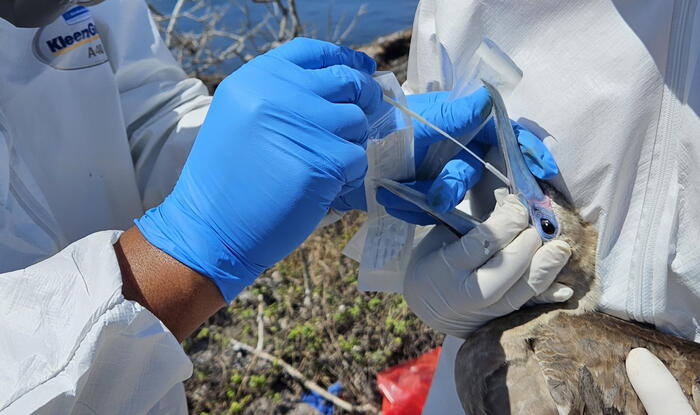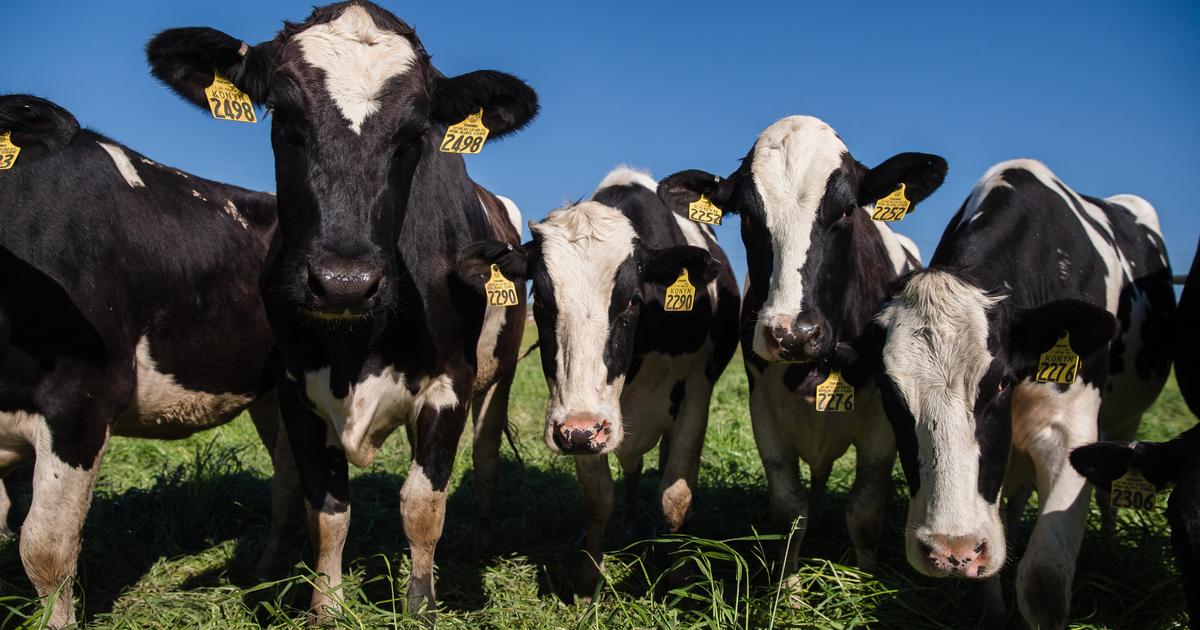The Council of State on Friday rejected the appeals of the Peasant Confederation and associations against the confinement imposed on ducks, geese and free-range hens.
This decision comes in the face of "a serious and urgent health risk", while the epidemic of avian flu is spreading.
"Despite the seriousness of the attacks invoked by the applicants (...) it follows from the investigation that the contested measures were decided to face a particularly serious and urgent health risk", explains the highest administrative court in its order.
To read also: Soaring prices, increased risk of avian flu ... the great concern of poultry farmers
Since November 5, French breeders have been required to “shelter” their outdoor poultry to avoid any contact with migratory birds that can transmit the avian influenza virus.
The government hopes to avoid a repeat of last winter's episode.
Bird flu had spread like wildfire in farms in the South West and was only stopped at the cost of slaughtering more than 3.5 million poultry, mostly ducks.
"Measures against the model of free-range farming"
The confinement of poultry accustomed to moving outside, experienced as heartbreak by breeders, has been denounced by the Confédération paysanne and Modef unions and by several breeders associations as a "declaration of war" against the most common breeding models. more virtuous: self-sufficient (animals raised in total autonomy on the farm), farmer (less than 250 animals), organic, operating in short circuit.
At the hearing on December 17, the applicants' lawyer described "confinement measures that run counter to the free-range farming model", and requested the suspension of the confinement or biosecurity provisions imposed by arrested. "20% of farmers
(Editor's note: out of 14,000 concerned)
are not able to carry out this sheltering", which requires significant work and a sometimes unbearable cost, declared Me François Gilbert. He denounced decisions "taken into account of industrial agriculture, for which the measures have a limited impact" while "the consequences are disastrous for farm agriculture".
The representative of the Ministry of Agriculture put forward "the general interest".
“The stake is the future of the sector: if we do not want to have 500 million euros of losses every year because we have had an epizootic, we must take these measures.
"
A 0.5 m² course for organic hens
The applicants criticized the very interest of these measures.
The reduced outdoor course authorized has been reduced from 4 m² to 0.5 m² for organic hens.
"Reducing the route to this point is to multiply the health risks, parasitism and mistreatment", explained Sylvie Colas, breeder of organic hens and guinea fowl from the Gers.
The applicants also stressed that one of the greatest risks of introducing the virus into a farm is linked to transport and visits, which does not or hardly concern their self-sufficient farms.
The Council of State justified its decision by the highly pathogenic nature of the disease, potentially transmissible to humans, and relied on opinions from the National Health Security Agency (ANSES) which underline the "high risk »Contamination of poultry on outdoor runs.
He also noted the rapid increase in the number of affected households.
On the day of the hearing, France had eight outbreaks of bird flu, all in the North.
Friday, 17 farms were affected including more than half in the Southwest.
The latest, a breeding of more than 15,000 ducks, under shelter, which went to fattening in the Pyrénées-Atlantiques.









